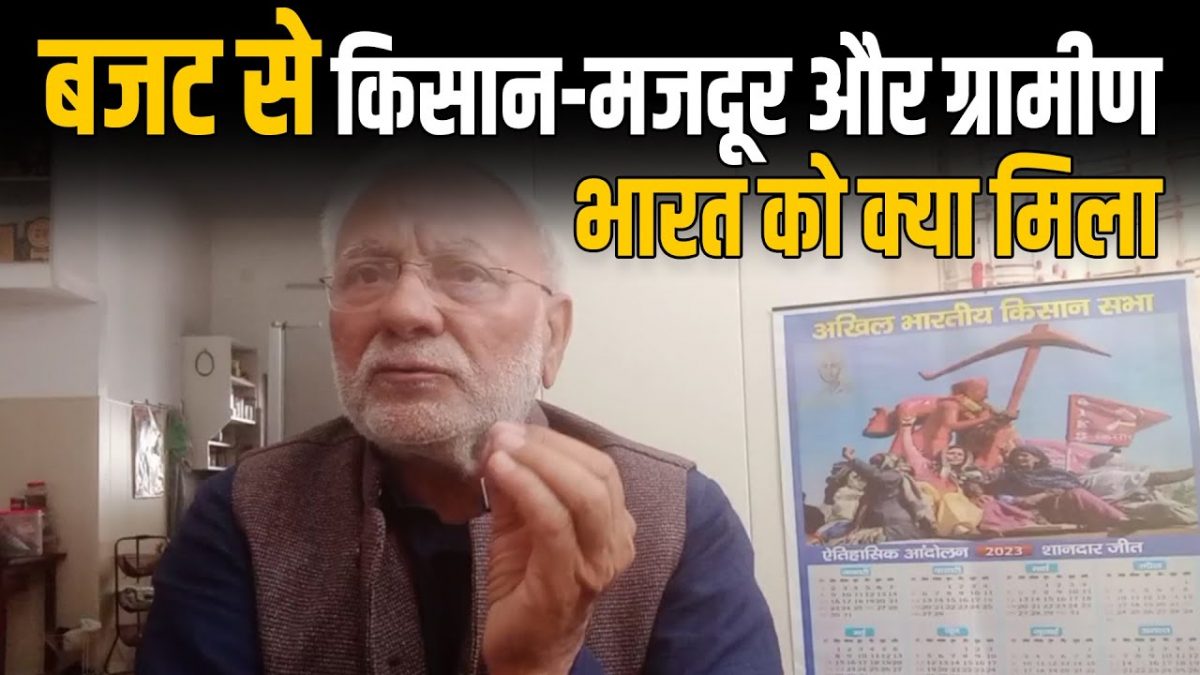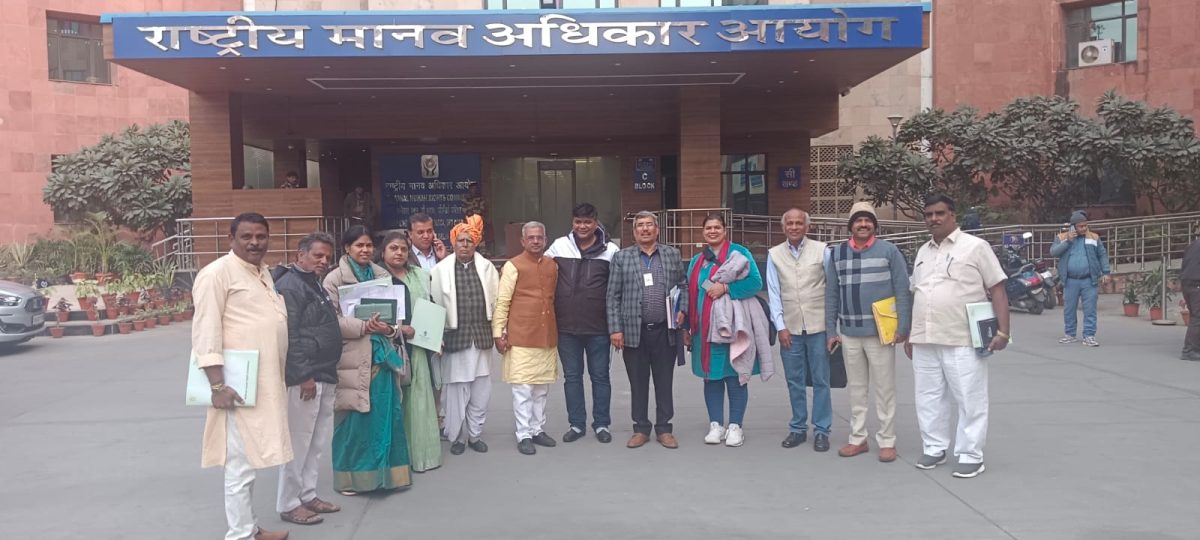National Seminar on “Liberating the Farmers from Debt Trap”
 According to 70th round of NSS data for the year 2012-13, majority of the farmers in India do not earn enough even to meet their consumption needs. In years of drought or floods, their condition becomes miserable and desperate. The small and marginal farmers are the most vulnerable in this respect. During the past one and a half decade, about 3 lakh farmers have committed suicide.
According to 70th round of NSS data for the year 2012-13, majority of the farmers in India do not earn enough even to meet their consumption needs. In years of drought or floods, their condition becomes miserable and desperate. The small and marginal farmers are the most vulnerable in this respect. During the past one and a half decade, about 3 lakh farmers have committed suicide.
The question is how do we revitalize the health of our economy and liberate the farmers from the debt trap. Have we failed on the policy front? What kind of policy reforms are needed to improve the socio-economic conditions of farmers in various regions? What are the key challenges to implement the needed policy reforms? We sincerely feel that there is a need to discuss in an integrated manner, all the relevant issues relating to the present agrarian distress and find out the ways to overcome the challenges.
To initiate a debate on this crucial agricultural policy challenge The Council for Social Development, New Delhi, Centre for Agricultural Policy Dialogue, New Delhi and Swabhimani Shetkari Sanghtana of Maharashtra are jointly organizing a National Seminar on “Liberating the Farmers from Debt Trap: Challenges of Policy Reforms in India” at the India International Centre, Annexe, New Delhi on June 14, 2016.
Participants in the inaugural session of the seminar include Sri. Nitin Gadkari, Union Minister of Surface Transport, Highways and Shipping, Prof. Arvind Panagariya, Vice Chairman, NITI Aayog, Sri. Sanjeev Balyan, Minister of State, Agriculture, Sri. Om Prakash Singh Dhankar, Minister of Agriculture Haryana, Sri. Feroze Varun Gandhi, M.P and Dr. Dalwai, Additional Sec. Ministry of Agriculture, Govt. of India.
About 70 persons including technical experts, Members of Parliament, senior government officials and representatives of NGOs and Farmers’ organisations are expected to participate in the seminar. The seminar will discuss the following issues:
(i) Alternative Models of Income and Social Security for the farmers;
(ii) Challenges of Agricultural Policy Reforms, including Agricultural Price and Market Reforms, Technology, Land Policy, Subsidies, Crop Insurance, Credit Sector Reforms etc.
(iii) Challenges of Climate change – Risk Mitigation and Adaptation Strategies.
- Tags :
- agriculture
- debts
- farmers
- India
- nitin gadkari
Top Videos
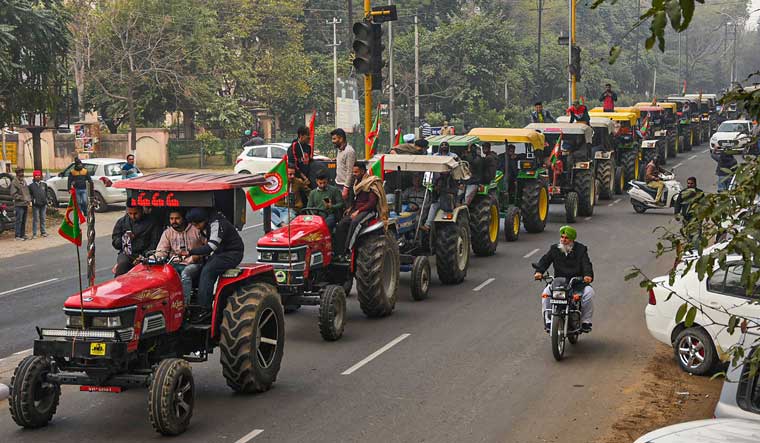
किसानों ने 27 राज्यों में निकाला ट्रैक्टर मार्च, अपनी लंबित माँगों के लिए ग़ुस्से में दिखे किसान
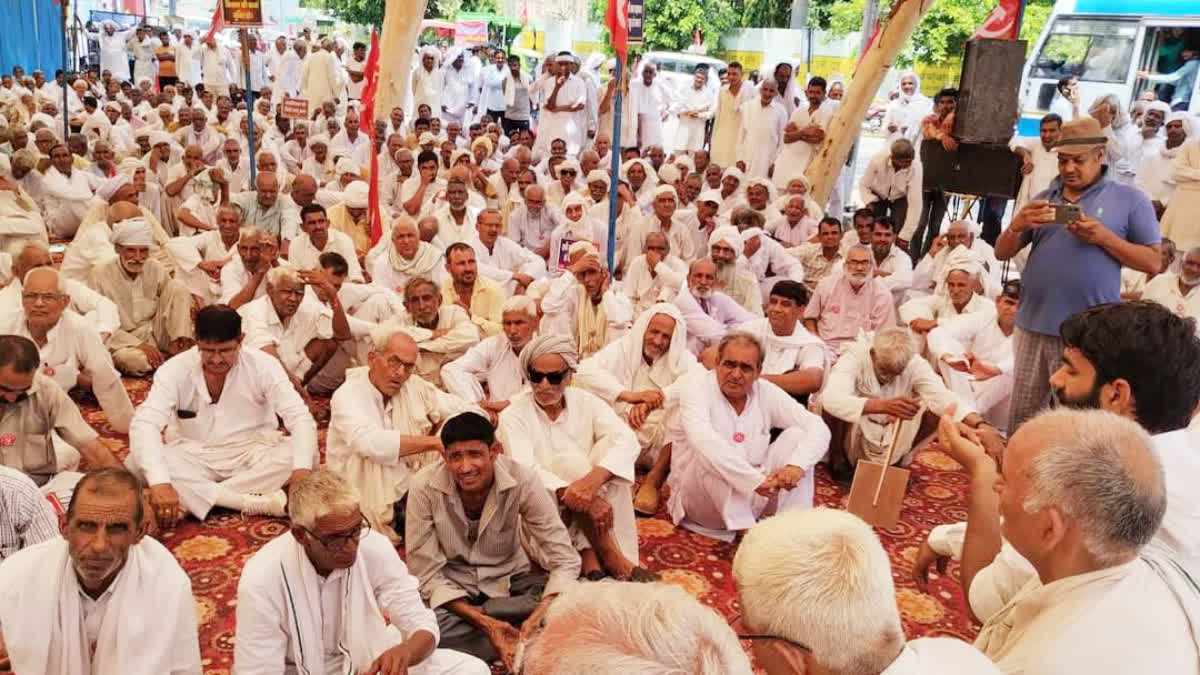
उत्तर प्रदेश के नोएडा के किसानों को शहरीकरण और विकास क्यों चुभ रहा है

Gig Economy के चंगुल में फंसे Gig Workers के हालात क्या बयां करते हैं?
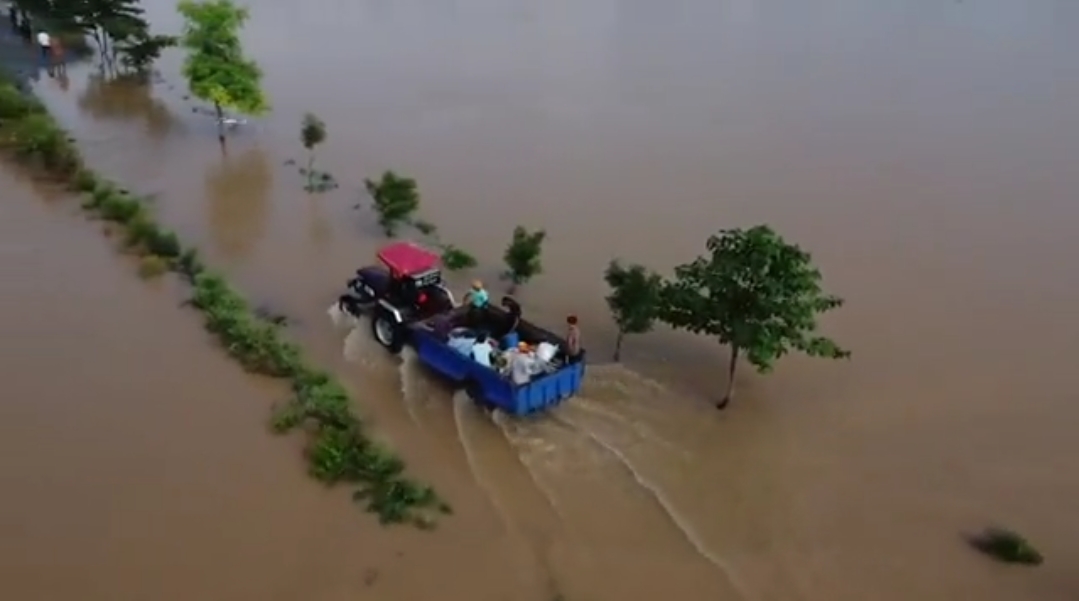
Haryana में बाढ़ क्यों आयी? घग्गर नदी | मारकंडा नदी | टांगरी नदी
